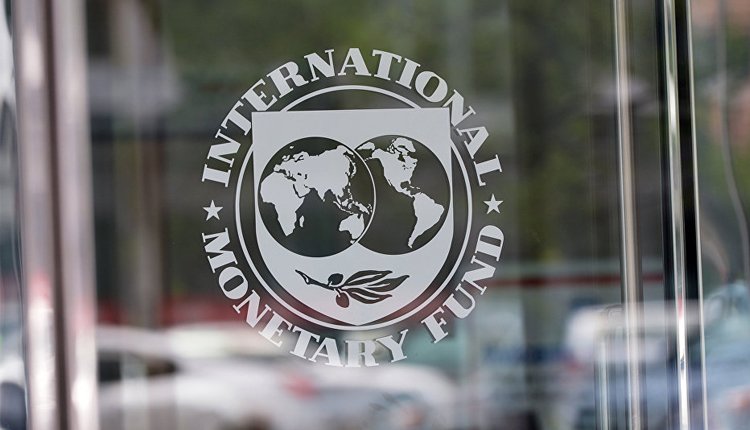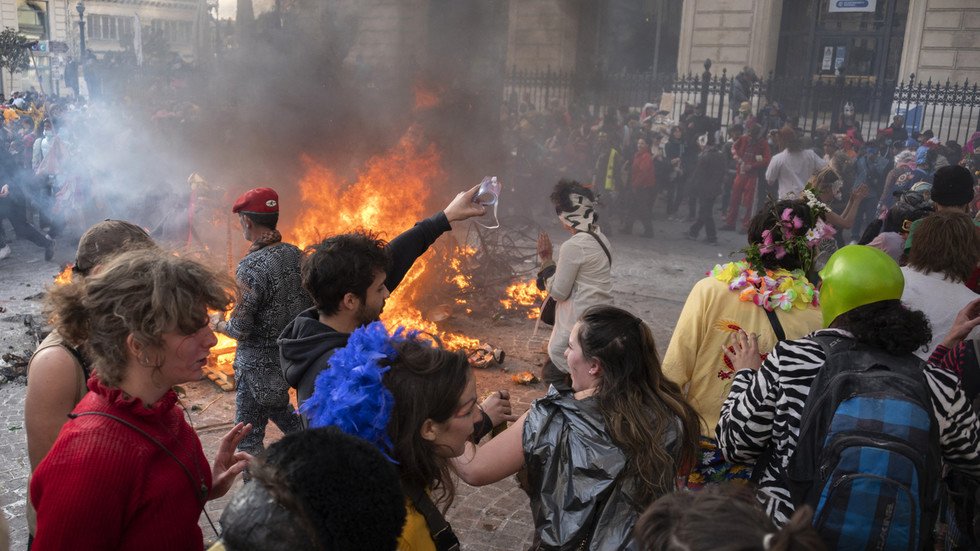According to the IMF, total per capita income in market economies and developing countries, with the exception of China, will be 22% lower between 2020 and 2022 than if there had been no pandemic.
Kiev. Ukraine. Ukraine Gate – March 22, 2021 – Economy
the First Deputy Chairman of the International Monetary Fund Jeffrey Okamoto stated that the IMF has announced a faster recovery of the world economy, but it is uneven, and there are alarming signs of a widening gap between developed and emerging economies.
The global economy is recovering faster than expected, but risks still remain, such as the spread of new strains of coronavirus, Okamoto said.
Okamoto said that in January the world economy was projected to grow by 5.5% in 2021. However, there are prospects for accelerated recovery due to additional budgetary incentives, especially in the United States, and the prospect of large-scale vaccination.
However, he noted that the recovery of the global economy was “incomplete and uneven.”
“It is incomplete due to the fact that, despite a faster-than-expected recovery in the second half of 2020, GDP in most countries remains significantly below pre-crisis levels,” he explained.
China has already largely completed its recovery, returning to pre-crisis levels of growth, outpacing all major economies, but beyond it, there are alarming signs that the gap between developed and emerging economies is widening.
According to the IMF, total per capita income in market economies and developing countries, with the exception of China, will be 22% lower between 2020 and 2022 than if there had been no pandemic. “This will lead to almost 90 million people living below the poverty line since the beginning of the pandemic,” Okamoto said.
He added that “uncertainty about an economic recovery is extremely high.” It is unknown how long the health crisis will last, and access to vaccines remains uneven in both developed and developing countries.
“Low-income countries may not see large-scale vaccination until 2022, and that’s the problem: this pandemic won’t really end until it’s over for everyone,” Okamoto said. Another risk, he called the spread of new strains of coronavirus, “which threaten to reduce the effectiveness of existing vaccines and undermine or slow down the recovery process.”
Ukraine and the IMF:
On June 9, 2020, the IMF Board of Directors adopted an 18-month stand-by program for Ukraine with funding equivalent to 3.6 billion SDRs (about $ 5 billion) to help Ukraine overcome the effects of the COVID-19 pandemic.
On June 12, Ukraine received the first tranche of an IMF loan under a new cooperation program of $ 2.1 billion.
At the end of November, the Ministry of Finance announced the successful conclusion of negotiations with the IMF on the main parameters of the draft state budget for 2021, which was one of the main prerequisites for the first revision of the joint stand-by program with Ukraine.
On January 11, 2021, the International Monetary Fund mission resumed work in Ukraine to review the stand-by program.
Today, 13 February, following the mission’s work, IMF Resident Representative in Ukraine Josta Ljungman said that the IMF mission had held productive talks with the Ukrainian authorities, but that Ukraine needed to show more progress in reforms to reach a new tranche agreement.
On February 13, 2021, the Prime Minister of Ukraine Denis Shmygal announced that Ukraine would continue constructive cooperation with the IMF.
Read also: Wet Snow and Rain Today in Ukraine
Source: Ukrgate






